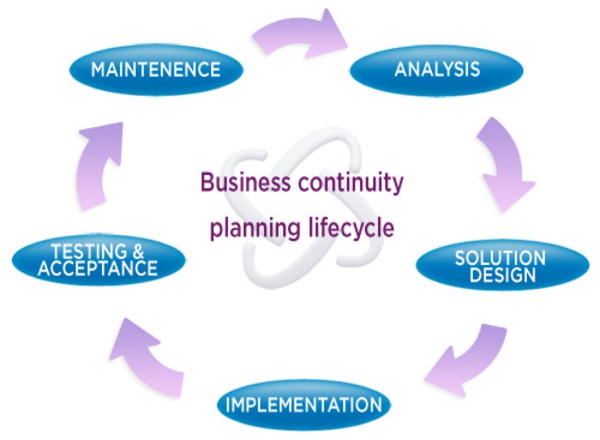Resilient Communications that Safeguard Your Mission-Critical Operations
Businesses need to think about resilience because ignoring the potential perils and hoping for the best could land them in hot water with regulators, as well as making it far harder to recover if disaster strikes.
Continuity of critical systems will allow companies to operate as normally as possible in the event of outages caused by fire, flood or unforeseen technical issues elsewhere in the chain. Continuity, however, cannot be secured without direct action to bolster business resilience and plan ahead so that when the time comes your company is able to weather the storm, whatever form it takes.

Companies operating in the financial sector are particularly at risk, because while there are unpredictable factors caused by natural disasters, it is a safe bet to assume that cyber criminals are going to be targeting this type of institution whether or not there is an overt awareness of such a threat.
Downtime can therefore be triggered and perpetuated for a variety of reasons and in an industry where time is money, even brief outages can cause millions of pounds’ worth of damage to a company in the short term and have a lasting impact on its reputation, causing operating costs to rise even further.
Ensuring that communications technology remains resilient requires a multifaceted approach, because as previously mentioned there are a litany of dangers facing financial firms that need to be tackled in different ways.
You will want to choose a communications set-up that is secure in order to prevent the cyber attacks levelled against you by criminal organisations from having a damaging effect. In-house security measures that are in place need to be just as stable as protections that are put on any external back-up solutions, since malware and hacks can find a way of exploiting weaknesses no matter where critical data and apps are housed.
It is worth noting that financial firms need to be particularly cautious about the resilience of their communications security, because they do not operate in a vacuum and certain attacks can be levelled against one company in order to destabilise the wider market. This kind of threat means that the integrity of your critical systems is valuable not only to your business, but also to your clients and competitors, which is why so much regulatory attention is paid to this area.
Disaster recovery and business continuity have additional concerns to keep in mind. If a particular business site is taken out of action by the forces of nature, a business will need to think about its ability to relocate staff or switch over the bulk of its operations to a secondary location that will be better equipped to handle proceedings until things can be brought back up to speed.
This might involve an approach that includes enabling mobile and remote working so that if the office is compromised, staff can still stay productive and in the loop when they are out and about or stuck at home.
The potential for disruption caused by natural disasters also needs to give businesses pause for thought when it comes to how they deal with in-house IT set-ups and communications systems. Being solely reliant upon on-premises solutions can leave businesses exposed, but it might equally be untenable to completely outsource everything, so a happy medium needs to be established to ensure that resilience is achievable without causing compromises to be made in other areas.
Ultimately, the resilience of communications is something that no business should ignore, regardless of the industry in which it operates. Every company has systems that are mission-critical; lifelines without which the entire operation would fall apart.
Daisy Group PLC are a telecommunications company based in the UK dealing with connectivity and business continuity
Resilient Communications That Safeguard Your Mission-Critical Operations

